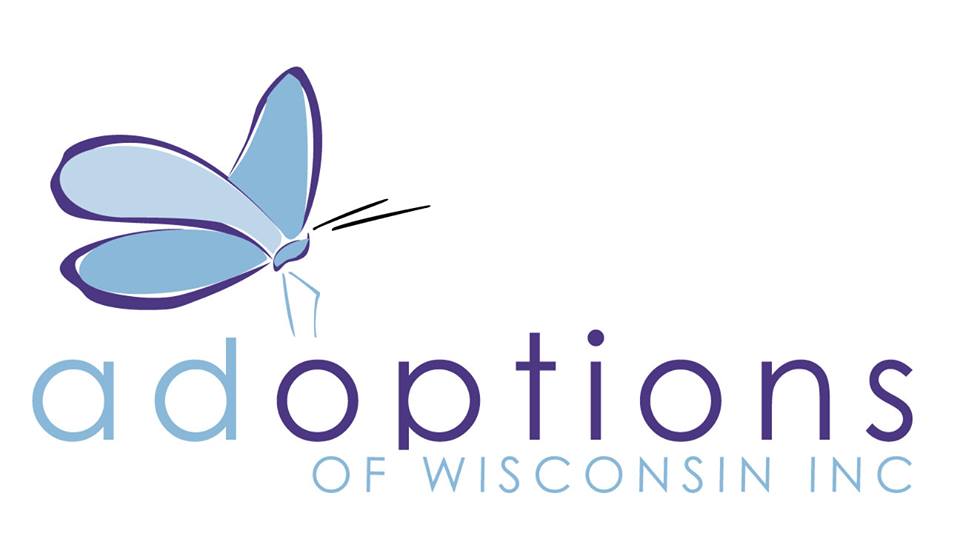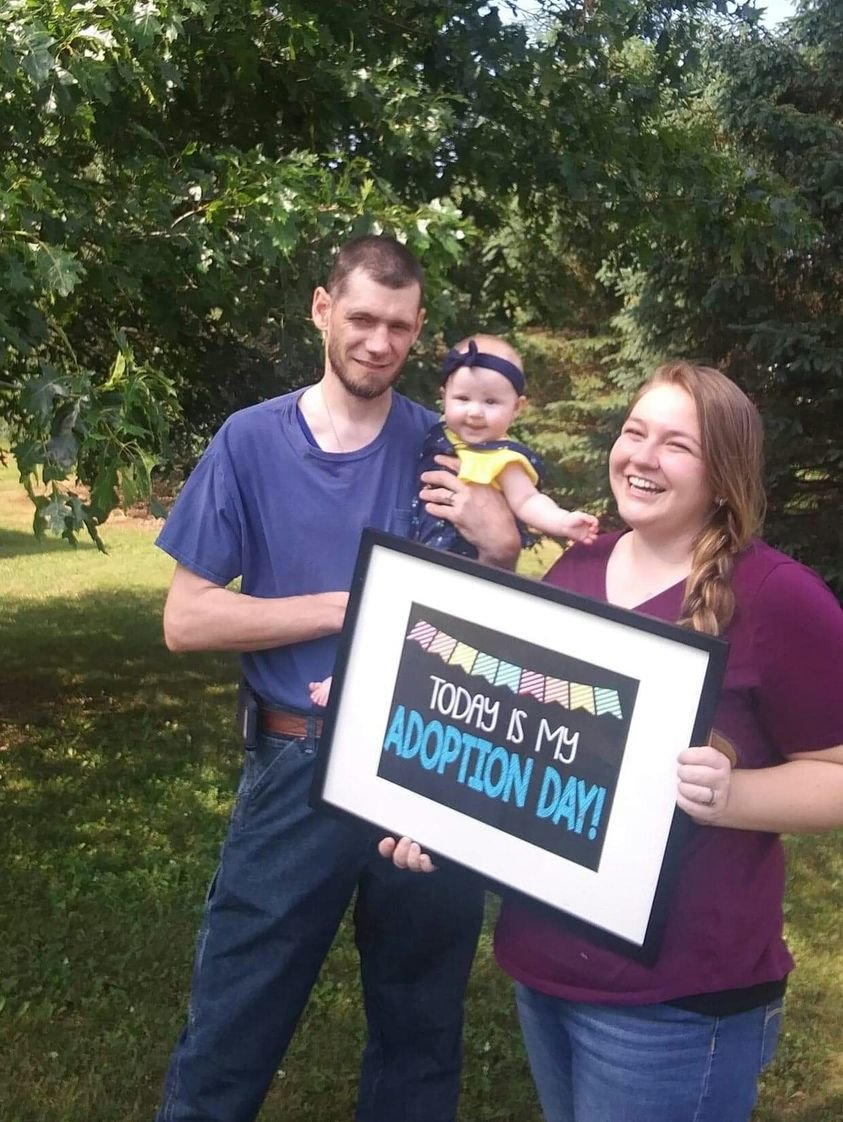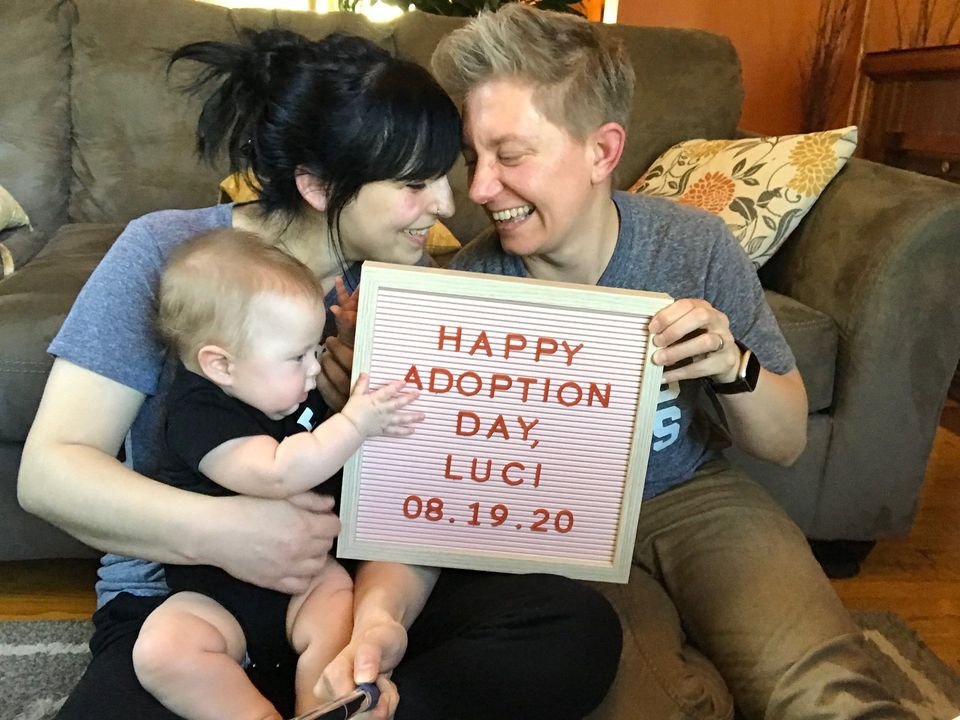Adoption Tax Credit
/In the document Revenue Procedure 2019-44, the IRS listed the Adoption Tax Credit adjusted numbers for 2020. The maximum amount allowed in 2020 is set at $14,300, which is raised from $14,080 in 2019. The tax credit starts to phase out for families with modified adjusted gross income greater than $214,520 and is completely phased out for families with a modified adjusted gross income of $254,520 or more. When filing your taxes in 2020, you will be working with the income that you earned in 2019. Because of this, you must use the 2019 Adoption Tax Credit number of $14,080.
The Adoption Tax Credit applies to domestic, international and foster care adoptions. The Adoption Tax Credit does not apply to surrogate parenting or stepparent adoption. The tax credit is nonrefundable, but unused value can be carried forward and claimed on future tax returns for up to five years. The amount of the credit that is claimable by the adoptive parents is the amount that has been spent on adoption related expenses, up to the limit for that year. An exception to this is in adoption of a special needs child. In that case, the entire credit may be taken, regardless of the amount of expenses incurred.
For domestic adoptions that are not yet finalized, you may claim qualifying expenses for the credit in the year following the year the expense is paid. This means that you can claim the adoption tax credit for expenses paid even if a domestic adoption is never finalized. Expenses paid in the year an adoption is finalized can be claimed on that year’s tax return. Expenses paid after an adoption is finalized can be claimed the year the payment is made.
Travel expenses, meals, lodging, court costs, attorney fees, and other expenses directly related to the purpose of adoption are included as applicable to the adoption tax credit. The credit is scalable with more children. It doubles with two children, triples with three, etc. The Adoption Tax Credit is a credit, not a deduction. That means that if you spend $14,000 on adoption and are assessed $15,000 in federal tax, you would end up owing $1,000 in tax. This is different from a reduction in taxable income, such as mortgage deductions.
Some states have additional adoption tax benefits that apply in conjunction with the federal Adoption Tax Credit. Wisconsin, for example, provides for an additional $5,000 tax deduction (not a credit) for parents of newly adopted children.
For those looking for more information, the Congressional Research Service recently published a report on adoption tax benefits. Adoptions of Wisconsin does not provide tax advice or guidance. Please contact your tax advisor for information on the Adoption Tax Credit.


















